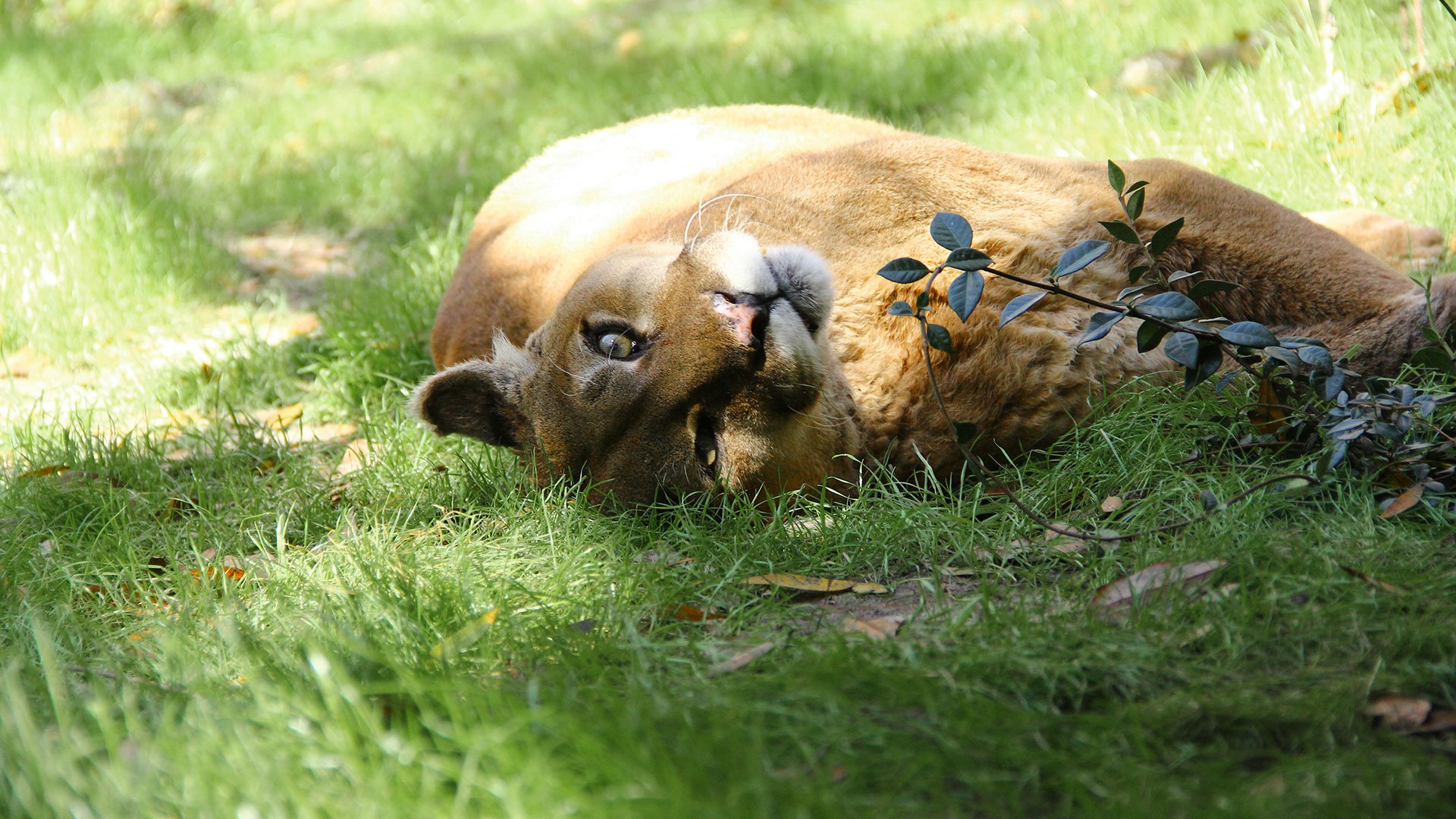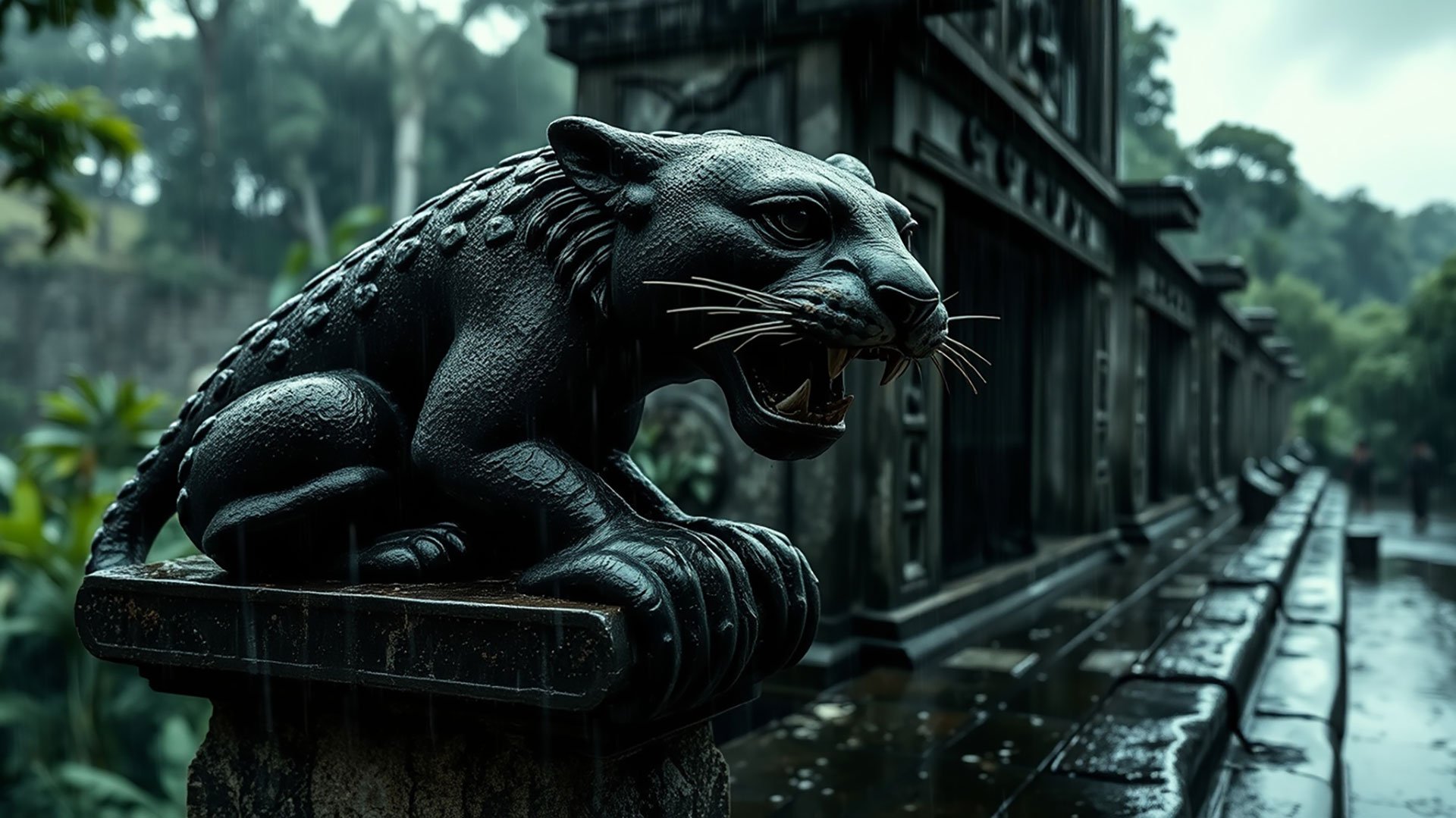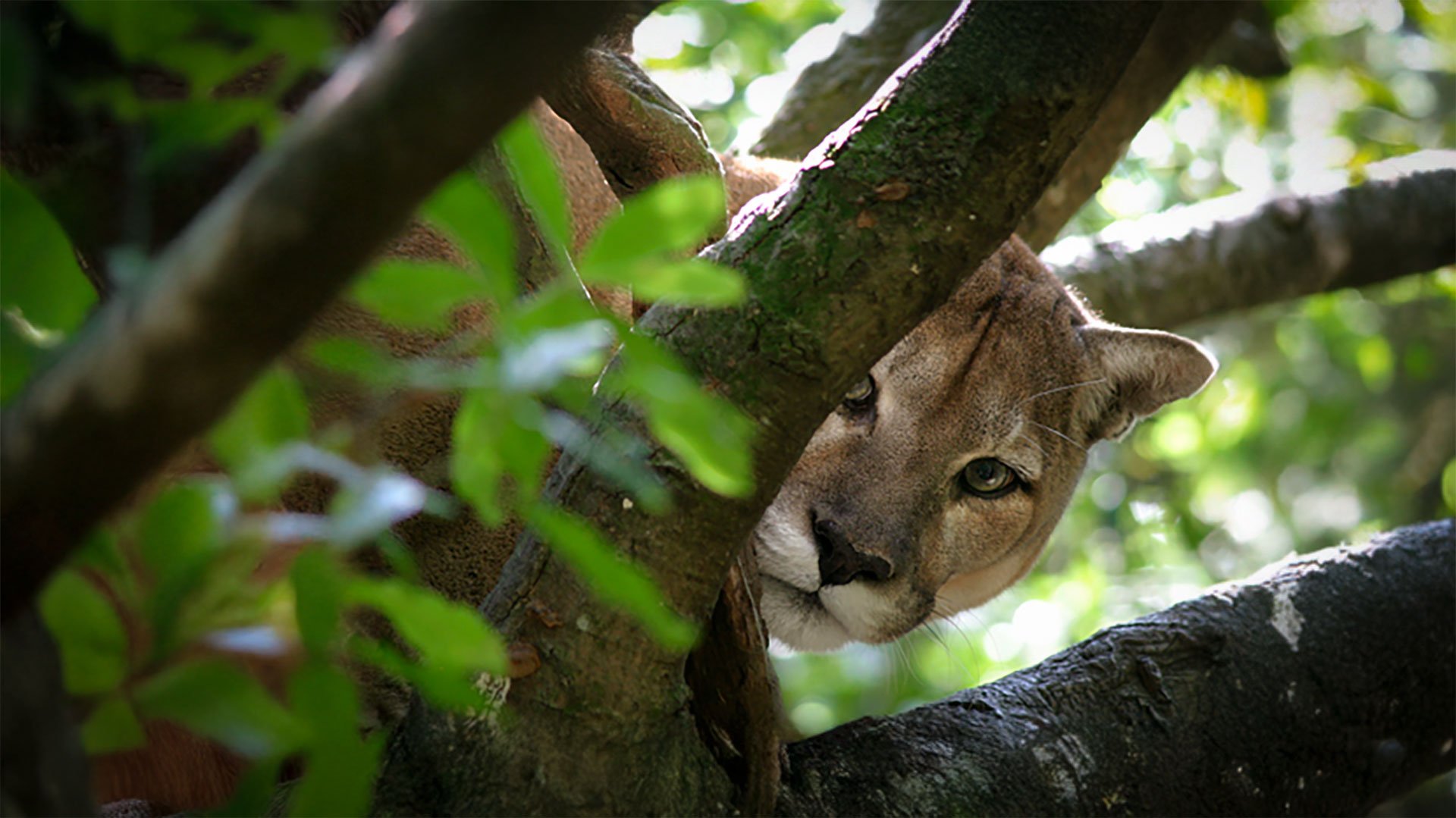Guardians of the Everglades: How the Miccosukee Tribe Is Protecting Florida’s Wild Future
When you step into the Everglades, the silence is alive. The wind whispers through sawgrass, alligators slip silently beneath dark waters, and, if you’re lucky—or perhaps blessed—you may catch a fleeting glimpse of a ghost of the South: the Florida panther. This landscape, magical and mysterious, has always been more than terrain. For the Miccosukee Tribe of Florida, it is sacred ground.
Nearly two centuries ago, during the chaos and cruelty of the Seminole Wars, Native Americans found sanctuary in the swamps and shadowed hammocks of Florida’s wetlands. These lands cradled them when the U.S. government sought to forcefully remove them to Indian Territory, which would later become Oklahoma. Now, with those same lands threatened by development and disappearing federal protections, the Miccosukee are returning the favor.
A Moral Obligation to the Wild
In a bold move shaped by history and driven by a deep sense of responsibility, the Miccosukee Tribe has partnered with the Florida Wildlife Corridor Foundation. Together, they aim to protect and reconnect fragmented wildlands across the state in a sweeping vision: a continuous, living corridor of 18 million acres where imperiled species—like black bears, Key deer, and Florida panthers—can roam, thrive, and survive.
“We have a constitutional duty to conserve our traditional homelands, the lands and waters which protected and fed our tribe since time immemorial,” says Talbert Cypress, chairman of the Miccosukee Tribe. And it’s not just about memory. It’s about future generations—of people, animals, and ecosystems.
The partnership arrives at a critical juncture. Since 2021, the Florida Wildlife Corridor project has safeguarded approximately 10 million acres of land, with another 8 million classified as "opportunity areas" still at risk of development. The initial $400 million investment from state lawmakers was a promising start against a projected $2 billion conservation need. But with potential state budget cuts looming and federal funding having already shrunk under recent administrations, many feared the vision might fade. Then came the tribe’s intervention.
Mending What Was Broken
The Miccosukee are not just offering funds. They’re offering trust—something that’s been historically scarce between tribes and governments. “My predecessors had more of a standoffish approach,” Cypress admits, noting past betrayals and exclusion. “My administration has taken more of a collaborative approach… not just to build relationships, but fix relationships that may have gone sour in the past, or were just non-existent.”
It’s a new era of co-stewardship. The tribe already manages or co-manages nearly 3 million acres in the Everglades, Biscayne National Park, and the Loxahatchee National Wildlife Refuge. Now, they’re identifying new tracts of historical and ecological importance to preserve within the Wildlife Corridor.
“Financially, the tribe will invest some money,” says Cypress, “but we’ll also be instrumental in finding investors, partners interested in the same thing, which is to conserve as much of our natural habitat as possible while making room for growth and development.”
It’s a balancing act. But one they know well.
A Wild Vision for the Future
The tribe’s involvement is more than ecological—it’s philosophical. It reframes conservation as not just the domain of scientists or lawmakers but a sacred obligation passed down through generations.
“This is a way to benefit not just ourselves in the present, but for generations in the future as well,” Cypress explains. In a world where land is often measured by its commercial potential, this vision is radical and redemptive: land not as commodity, but as kin.
The announcement, made during a summit in Orlando, came alongside welcome news from the private sector. The Disney Conservation Fund committed $1 million to expand conservation training and improve public access to wild areas. But the heart of the story remains the tribe’s leadership—a story that goes beyond politics and money. It’s about healing, restoring, and walking forward guided by ancestral wisdom.
Why It Matters to You
If you’ve ever felt awe watching a panther bound silently across a clearing or stood breathless at a sunrise over the swamp, you already know why this matters.
Wild cats like the Florida panther are more than symbols—they’re indicators of ecosystem health. Their survival tells us our world is still whole. But without protected corridors and intact landscapes, their fates—and ours—hang in the balance.
You don’t have to be a tribal leader to make a difference. You can support efforts like this by donating to organizations like Big Cat Rescue that fund in situ conservation, advocating for wildlife legislation, and spreading awareness. The natural world needs more voices willing to speak not just for the present—but for the echo of the wild in generations to come.
Learn more: https://www.theguardian.com/us-news/2025/jun/15/miccosukee-tribe-florida-wildlife-corridor-foundation








